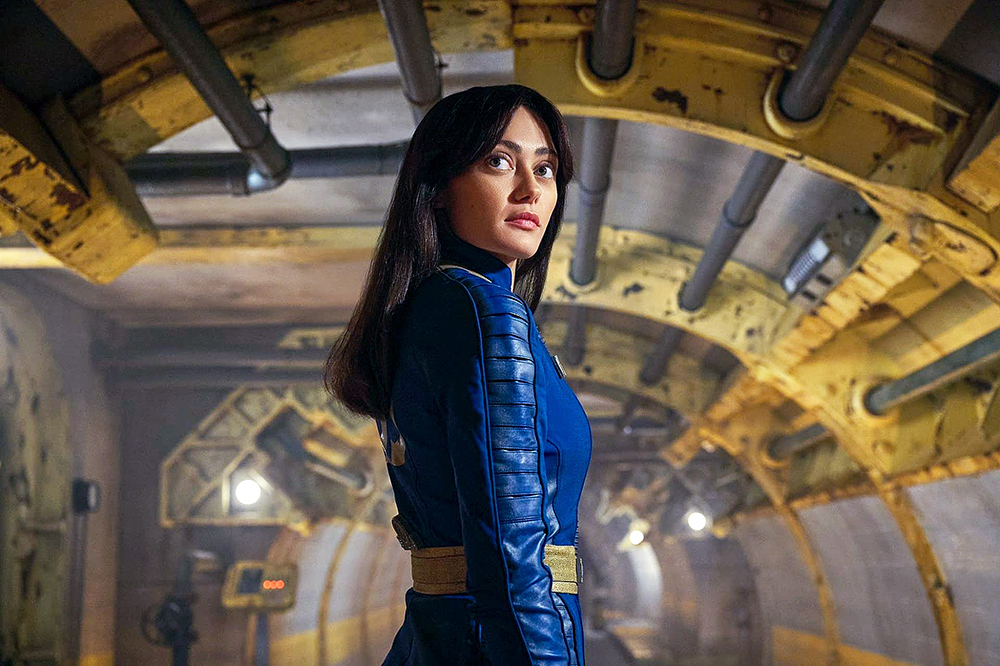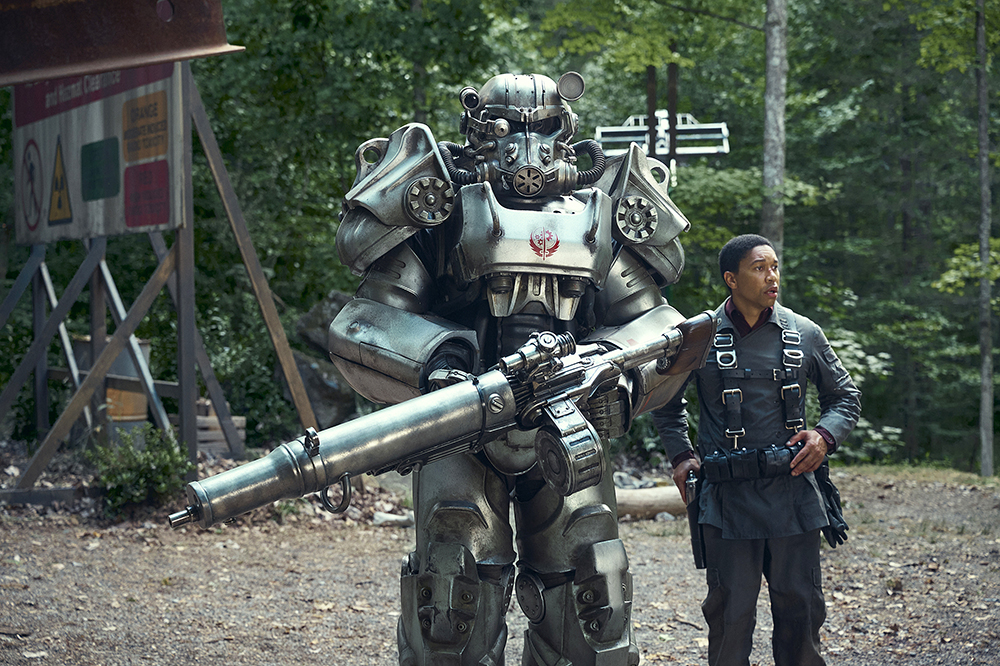Everything’s been adapted into a movie. Since the time of the Lumière brothers and Edison, moving picture producers have frantically looked around for things to base their stories on. If these things come with a built-in fanbase, all the better. Short stories, novels, poems, Shakespeare, musical theater, folklore, urban legends, fairy tales, pulp science fiction, high fantasy, romance, board games both real and fictional, animated versions of live action films, live action versions of animated films — you name it, somebody’s made a movie of it.
But video games are one medium that filmmakers have persistently had trouble translating. Since even the most primitive games have to have a character to identify with and a modicum of story built in to help the action feel meaningful, you would think it would be easy to do. But all you have to do to disabuse yourself of that notion is look at a few minutes of 1993’s Super Mario Bros. The writing was on the wall long before The Angry Birds Movie took its place among history’s worst attempts at entertainment. Last year’s big hit The Super Mario Bros. Movie was, if not a masterpiece, at least a crowd-pleaser.

Future attempts to adapt video games (and you know they’re coming) should study Amazon’s Fallout. Based on the video game series that began in 1997, this Fallout is produced by Westworld’s Lisa Joy and Jonathan Nolan, who also directed the limited series’ first three episodes. The premise of the Fallout games begins with a global thermonuclear war in 2077.
You are usually someone who survived the initial conflagration in one of the several dozen self-sufficient underground vaults located around the ruins of the United States who emerge after a couple hundred years hiding from the radiation. The new world is full of recognizable bits and pieces of the old, remixed with fire and time to create a fantastical (and fantastically dangerous) landscape. The stories that unfold in the post-apocalyptic world are usually basic fetch-quests, but it’s the richness of the world-building, and the dark jokes that emerge when you look too hard at the details, that has made Fallout such an enduring title.
The showrunners wisely avoid a slavish retelling of one of the stories from the games, although elements of the classic stories, such as the broken water purifier which acts as the first game’s catalyst, do occasionally surface. The pilot begins on the day the first bombs fell. Affluent Los Angelenos of 2077 are obsessed with the trappings of 1950’s and ’60s America, right down to hiring TV cowboy Cooper Howard (Walton Goggins) as entertainment for a kid’s birthday party. He and his daughter Janey (Teagan Meredith) survive the initial bombings by riding away on horseback. When we next see Cooper, he has mutated into a red-faced undead ghoul whose nose long ago rotted off (or, as we come to learn, was perhaps harvested for spare parts by Snip Snip, a rogue medbot voiced by Matt Berry). The Ghoul is now a bounty hunter, roaming the Wasteland catching and killing humans, mutants, and other creatures in exchange for vials of drugs that keep him alive — or at least suspended between life and death.
In Vault 33, underneath what used to be suburban Los Angeles, Lucy MacLean (Ella Purnell) is ready to get married. Since she’s cousins with all the guys in her vault, she follows tradition and sends a telegram to Vault 32, asking for a breed-able male. Instead of marital bliss, 33 accidentally open their doors to raiders from the above world, led by Lee Moldaver (Sarita Choudhury). The vault dwellers barely survive the raid, and Lucy’s father Hank (Kyle MacLachlan) is kidnapped in the process. Lucy defies her vault’s ruling council, led by Betty (Leslie Uggams), and opens the door to the outside world to go looking for her father.
Meanwhile, Maximus (Aaron Moten) is not having fun. He’s a squire in the Brotherhood of Steel, a quasi-military, quasi-religious secret order who search out surviving pre-war technology to use for their own ends. The fascistic order ain’t easy if you’re on the bottom rung of the hierarchy, so Maximus is elated when he gets the nod to accompany Knight Titus (Michael Rapaport) on a mission into the wasteland to find Dr. Siggi Wilzig (Michael Emerson), a scientist who has escaped from the high-tech facility known as the Enclave with some sensitive technology whose function is a mystery. Once they’re on the ground, the cruel Titus is injured, Maximus lets him die, then takes his power armor to seek his own fortune.
These three characters’ lives and destinies intersect in strange ways out in the American Wasteland, where nothing is ever quite what it seems. The show mines the game’s long history mostly for vibes. Watching the Brotherhood’s iconic power armor lumber through the ruins is a big thrill. The whiplash mixture of extreme danger and black humor work on the TV screen as well as in the computer monitor. The game’s stories are kept pretty basic on purpose, so that your game play experience can fill in the emotional gaps — after all, those ghouls are shooting at you! The casting gives this adaptation a crucial edge. Purnell’s wide-eyed “okey dokey” and matter-of-fact approach to violence are perfect. Moten’s Maximus is a tightly-wound ball of trauma who you want to see do the right thing, but who often doesn’t. Goggins dominates the screen with ghoulish badassery, but then reveals a more complex side over time. Fallout’s popularity is heartening, as it shows an appetite in the audience for moral complexity to go with the game’s gonzo visuals.
Fallout is streaming on Amazon Prime.
